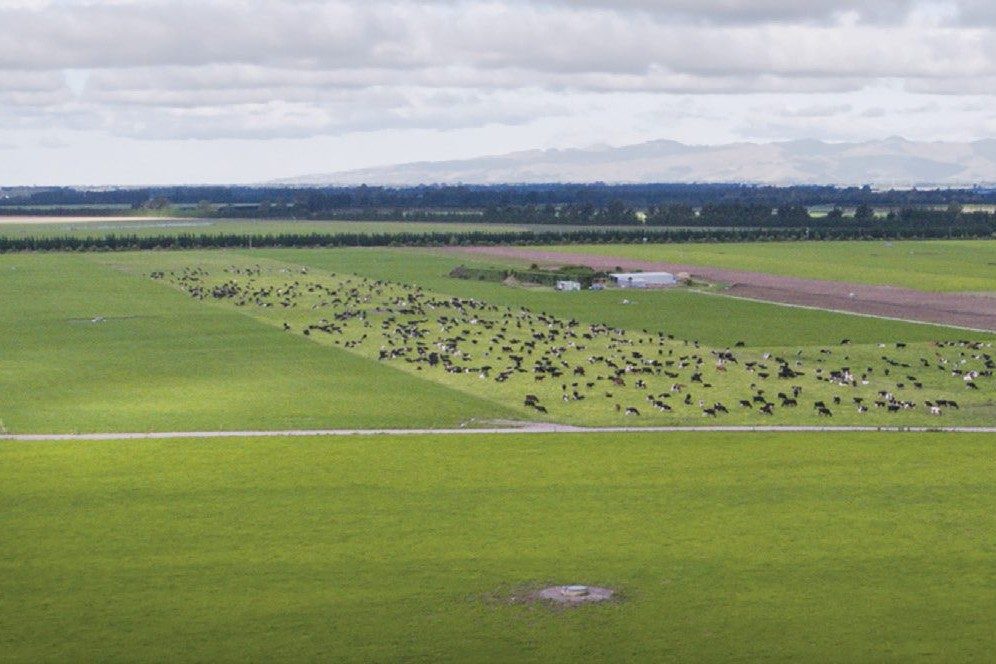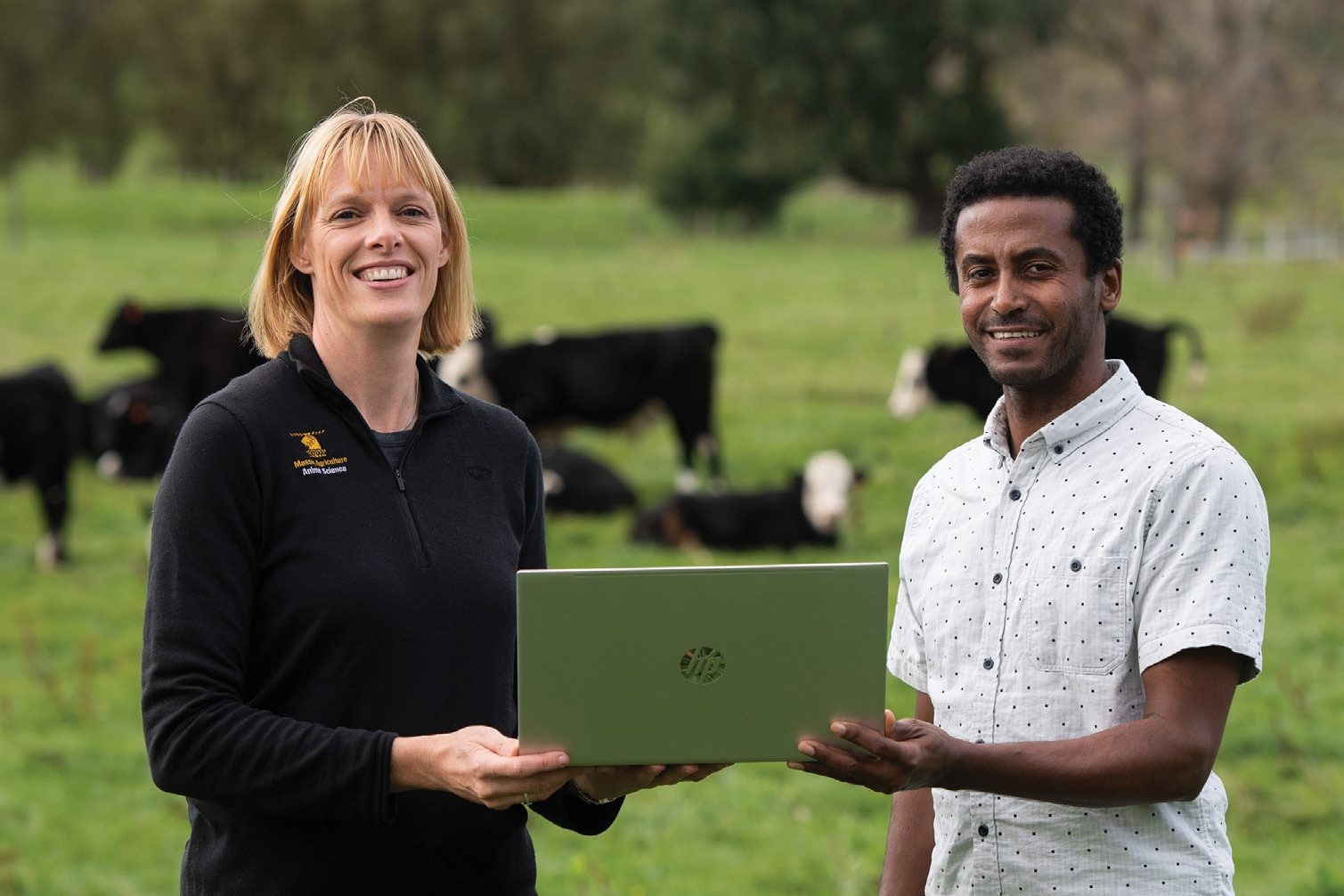By SHERYL HAITANA
Maui Milk chief executive Leah Davey signed her contract with Maui Milk before even tasting sheep’s milk, that’s how confident she is in the future of the industry.
“I went out after I had signed the contract and thought I better try the stuff – and it’s delicious.”
The nutritional benefits of sheep milk along with the reduced environmental impact and diversity for agriculture in New Zealand were opportunities that jumped off the page.
“For me it ticks a lot of boxes right across the value chain, I don’t see a box that it doesn’t tick.”
Nutrition, flavour, profitability, sustainability, as well as from a land use perspective and diversity in agriculture in NZ, milking sheep in NZ is an exciting venture to be involved with, she says.
Leah has been meeting banks and agri suppliers to educate them on the opportunities in milking sheep. That education will hopefully further support those willing to enter the industry, she says.
“The objective is to educate the banks’ wider agri teams about Maui Milk, what our strategy is, why we are confident and why therefore they should be confident.”
Maui Milk took on eight new suppliers who lambed this season – taking their total supplier numbers to 13.
Within two years Maui Milk predicts it will outgrow the current processing drying facility at Waikato Innovation Park.
One of Leah’s key focuses is looking for a potential processing partner capable of drying sheep milk.
The company wants to stay local. There are 3800 dairy farms in the Waikato, which is a big enough pool to look for ideal conversions to sheep milking, and the sheep are thriving in the region, she says.
“In the first year they (the sheep) outperformed our expectations.
“We are pretty firm that we want to stay true to the Waikato.”
Maui Milk’s focus has been on supplying milk for its contract with Danone, which has a sheep milk formula range under its Nutricia brand. It is now meeting supply for that contract and can start exploring other product mix options, Leah says.
Aside from infant nutrition, she says there are opportunities in aged nutrition, sports and pet nutrition.
The focus remains with offshore markets, partly due to the short season and limitations on product format and the fact that the New Zealand market will take time to develop as the industry educates consumers on the advantages of sheep milk.
Leah came into the role two weeks before Covid-19 hit the world and she is chomping at the bit to get offshore to network and connect with markets.
“Every day you think you understand the impact of Covid and something else pops up.
“We are constantly learning and changing and that’s great.”
NZ currently receives a 15-20% premium on its products, but there is the possibility to increase that significantly with science, she says.
“We have lived off this ‘brand NZ’ for a long time, but there needs to be more done.”
NZ is asking a lot more for sheep milk prices globally, simply because the products are made in NZ. However, Leah believes the nutritional benefits, at the milk composition level, as well as their unique Southern Cross Dairy Sheep genetics milked on a NZ pastoral system, has potential to add even more value.
She is focused on investing further in science to show the true value of NZ-made sheep milk products.
“We know some of this science already but intuitively there is much more to discover.”





